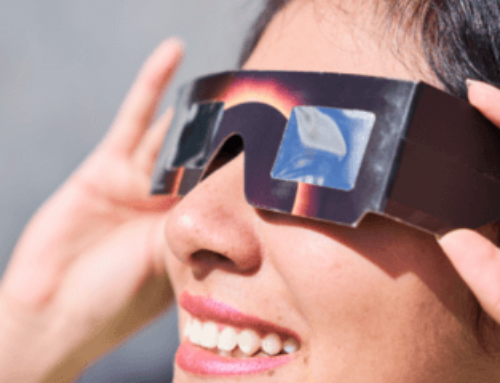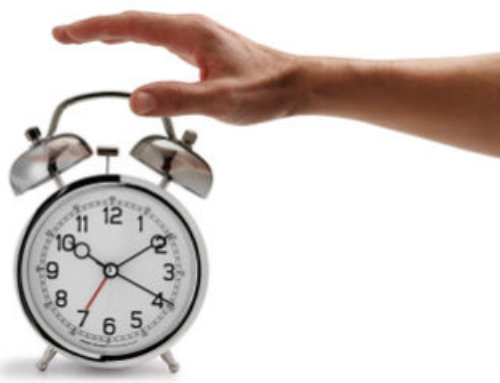Darien, IL – The American Academy of Sleep Medicine (AASM) has issued a Health Advisory warning of the adverse effects caused by changing to daylight saving time, with concerns that the effects on sleep/wake patterns can last approximately five to seven days. The AASM calls for adults to sleep at least seven hours before and after the change, and urges caution with activities requiring maximum alertness in the seven days after “springing forward.”
“The sudden change of clock time associated with daylight saving time tends to result in decreases in sleep duration and disrupted sleep for as long as seven days,” said Nathaniel F. Watson, MD, MSc, president of the AASM. “These effects are most notable when people are not getting healthy amounts of sleep at the time of the clock change.”
The health advisory notes that the disruption in sleep patterns caused by daylight saving time manifests as a decrease in total sleep time and sleep quality, and in some studies, decrements in daytime measures of cognition. The advisory recommends that adults obtain at least seven hours of sleep per night preceding and following the transition. It also cautions that those performing activities that require maximum alertness should exercise particular caution for at least seven days following the daylight saving time changes.
In addition, the AASM also recommends the following practices to minimize the adverse affects of daylight saving time:
- Go to bed 15 or 20 minutes earlier each night before the time change. This will give your body time to adjust.
- Begin to adjust the timing of other daily routines that are “time cues” for your body (e.g., start eating dinner a little earlier each night).
- On Saturday night, set your clocks ahead one hour in the early evening. Then go to sleep at your normal bedtime.
- Head outdoors for some early morning sunlight on Sunday. The bright light will help set your internal clock, which regulates sleep and alertness.
- Stick to your usual bedtime on Sunday night to get plenty of sleep before the workweek begins on Monday.
“The transition to daylight saving time, and subsequent loss of one hour of sleep, is clearly disruptive to sleep patterns,” said Watson. “It’s essential that people ensure the proper amount of sleep around the time change, for optimal health and safety.”
Read the Daylight Saving Time Health Advisory on the AASM website.
About the American Academy of Sleep Medicine
Established in 1975, the American Academy of Sleep Medicine (AASM) improves sleep health and promotes high quality patient centered care through advocacy, education, strategic research, and practice standards. The AASM has a combined membership of 11,000 accredited member sleep centers and individual members, including physicians, scientists and other health care professionals.
Contact: Matt Kasik, L.C. Williams & Associates, 800/837-7123 or 312/565-3900, mkasik@lcwa.com








